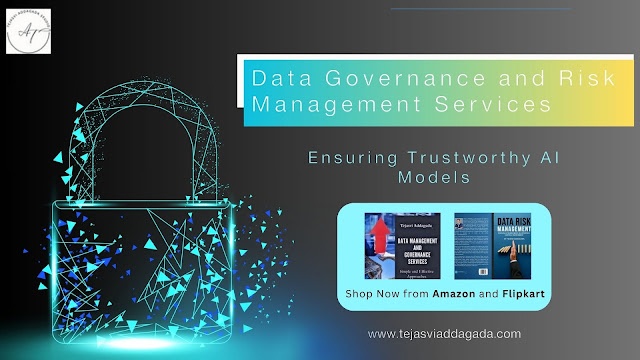How Does Data Engineering Improve Privacy Enhancing Technologies? | Tejasvi Addagada

In today’s digital-first world, the explosion of data has made privacy enhancing technologies (PETs) essential for protecting sensitive information. Whether it’s safeguarding consumer identities, ensuring regulatory compliance, or enabling secure data sharing, PETs play a pivotal role in modern business. But what truly powers these technologies is the backbone of data engineering and data science. A well-structured data governance strategy ensures that privacy protocols aren’t just bolted on—they are seamlessly integrated into the architecture of data systems. Protecting Sensitive Data in Analytics: A Data Engineering Perspective Data engineering is the foundation for building secure, scalable, and compliant data pipelines. It ensures that sensitive data—like health records or financial information- is processed through trusted systems with encryption, anonymization, and access controls in place. This is where privacy enhancing technologies are brought to life, minimizing exposure ris...





